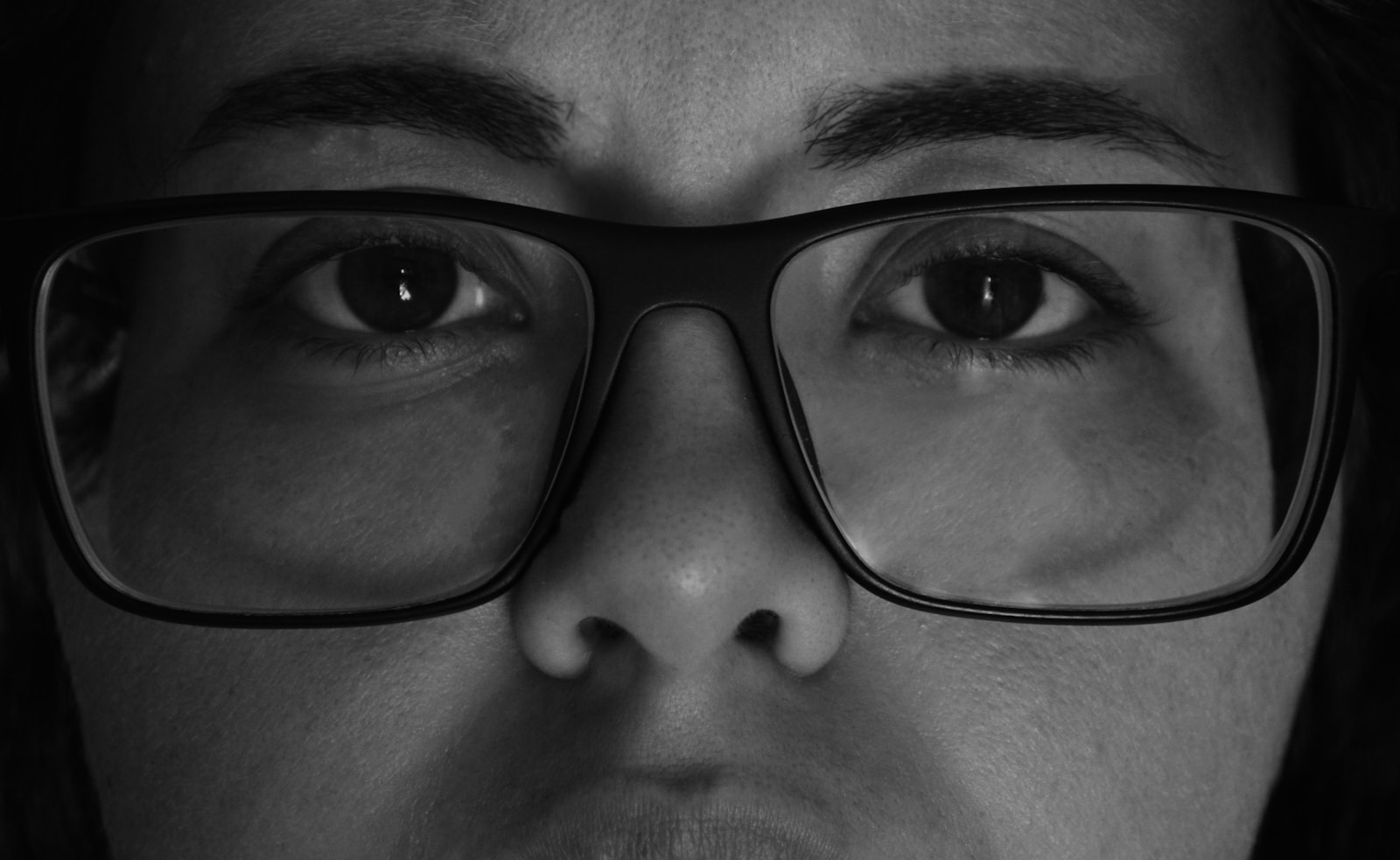
joue

cheek
The French word "joue" is used to refer to the cheek, which is the fleshy part of the face below the eye. It is used in the same way as in English, for example, to describe the location of a blush or a kiss. However, it can also be used in a figurative sense, for example, to describe someone who is cheeky or impudent.
Example sentences using: joue
Elle joue du piano tous les jours.

She plays piano every day.
In this sentence, 'joue' is the third person singular form of the verb 'jouer' meaning 'play'. It is used with musical instruments to indicate the act of playing those instruments. 'Du piano' is a partitive article followed by the noun 'piano'.
Il ne joue pas au football le weekend.

He does not play football on weekends.
This sentence uses 'joue', the third person singular of 'jouer', meaning 'to play'. 'Ne joue pas' forms the negation and 'au football' indicates the game being played. 'Au' is a preposition used with masculine singular games or sports.
L'enfant joue avec son jouet préféré.

The child is playing with his favorite toy.
In this example, 'joue' is the present tense third-person singular form of 'jouer', meaning 'to play'. 'Avec son jouet préféré' means 'with his favorite toy', with 'avec' as 'with', 'son' as 'his', 'jouet' as 'toy', and 'préféré' as 'favorite'.